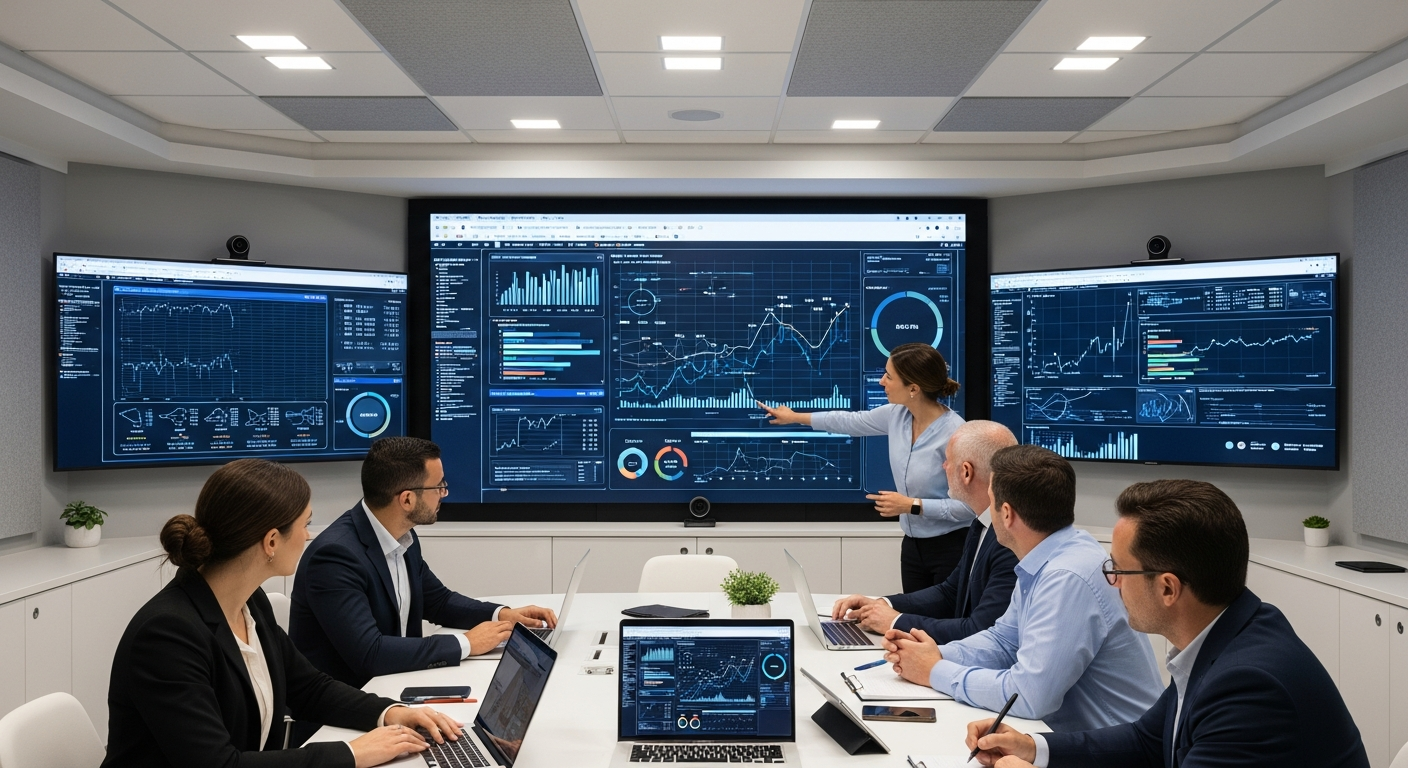Micromentoring: Revolutionizing Career Growth in Bite-Sized Sessions
The landscape of career development is undergoing a remarkable transformation, with micromentoring emerging as a game-changing approach to professional growth. This innovative concept is reshaping how individuals seek guidance, share expertise, and navigate their career paths in an increasingly dynamic job market.

The Genesis of Micromentoring
Micromentoring traces its roots to the early 2010s, born from the confluence of social media, digital connectivity, and changing workplace dynamics. As professionals sought more flexible and diverse forms of career guidance, the traditional mentor-mentee model began to show its limitations. The need for quick, targeted advice in a fast-paced work environment gave rise to this new paradigm.
Initially, micromentoring manifested in informal settings, such as quick chats at networking events or brief email exchanges. However, as its potential became apparent, organizations and platforms began to formalize and structure these interactions, leading to the development of dedicated micromentoring programs and technologies.
The Mechanics of Micromentoring
At its core, micromentoring involves short, focused interactions typically lasting 15 to 30 minutes. These sessions can occur through various mediums, including video calls, messaging apps, or in-person meetings. The key is brevity and specificity – mentees come prepared with targeted questions or challenges, while mentors offer concise, actionable advice.
Unlike traditional mentoring, which often involves long-term relationships and broad career guidance, micromentoring zeroes in on specific skills, challenges, or decisions. This focused approach allows for more frequent and diverse mentoring experiences, as individuals can connect with multiple mentors across various areas of expertise.
Benefits for Career Development
Micromentoring offers numerous advantages for both mentees and mentors. For those seeking guidance, it provides access to a wider range of perspectives and expertise. Professionals can tap into the knowledge of leaders across different industries and roles, gaining insights that might be unavailable through traditional mentoring channels.
For mentors, micromentoring presents an opportunity to share knowledge without the long-term commitment of traditional mentoring relationships. This accessibility encourages more experienced professionals to participate, increasing the pool of available mentors and the diversity of insights available to mentees.
Moreover, the bite-sized nature of these interactions makes it easier for busy professionals to engage in mentoring activities, whether as mentors or mentees. This increased accessibility democratizes career development, making expert advice available to a broader range of individuals at various career stages.
Implementing Micromentoring in Organizations
Forward-thinking companies are increasingly incorporating micromentoring into their professional development strategies. Human resources departments are designing programs that facilitate these brief, targeted interactions, often leveraging technology to match mentors and mentees based on skills, interests, and career goals.
Some organizations are creating internal platforms where employees can request or offer micromentoring sessions on specific topics. This approach not only fosters knowledge sharing but also promotes cross-departmental collaboration and helps identify internal expertise that might otherwise go unrecognized.
The Role of Technology in Micromentoring
Technology plays a crucial role in the proliferation of micromentoring. Specialized platforms and apps are emerging to facilitate these brief mentoring sessions, using algorithms to match mentors and mentees based on their profiles, skills, and objectives. These tools often include features for scheduling, video conferencing, and even AI-powered suggestions for discussion topics.
Additionally, social media platforms are being repurposed for micromentoring. LinkedIn, for instance, has become a popular venue for professionals to seek and offer quick advice, with features like its Q&A section facilitating brief, targeted interactions.
Challenges and Considerations
While micromentoring offers numerous benefits, it’s not without challenges. The brevity of interactions can sometimes lead to superficial advice if not managed properly. There’s also the risk of information overload, as mentees navigate multiple perspectives from various mentors.
For organizations implementing micromentoring programs, ensuring quality control and maintaining engagement can be challenging. It’s crucial to provide guidance on how to make the most of these brief interactions and to establish mechanisms for feedback and continuous improvement.
The Future of Micromentoring
As the concept of micromentoring continues to evolve, we can expect to see further integration with emerging technologies. Augmented reality (AR) and virtual reality (VR) could transform how these brief mentoring sessions are conducted, offering immersive experiences that enhance learning and connection.
Artificial intelligence may play a larger role in matching mentors and mentees, analyzing patterns in successful micromentoring interactions to optimize future pairings. We might also see the development of AI-assisted mentoring, where machine learning algorithms complement human mentors by providing data-driven insights and suggestions.
Conclusion
Micromentoring represents a significant shift in how we approach career development and knowledge sharing in the professional world. By offering flexible, targeted, and accessible mentoring experiences, it’s democratizing access to expertise and accelerating career growth for professionals at all levels.
As this trend continues to gain momentum, individuals and organizations alike would do well to explore how micromentoring can be integrated into their career development strategies. In an era where adaptability and continuous learning are paramount, micromentoring offers a powerful tool for navigating the complexities of modern career landscapes and fostering a culture of ongoing professional growth.






